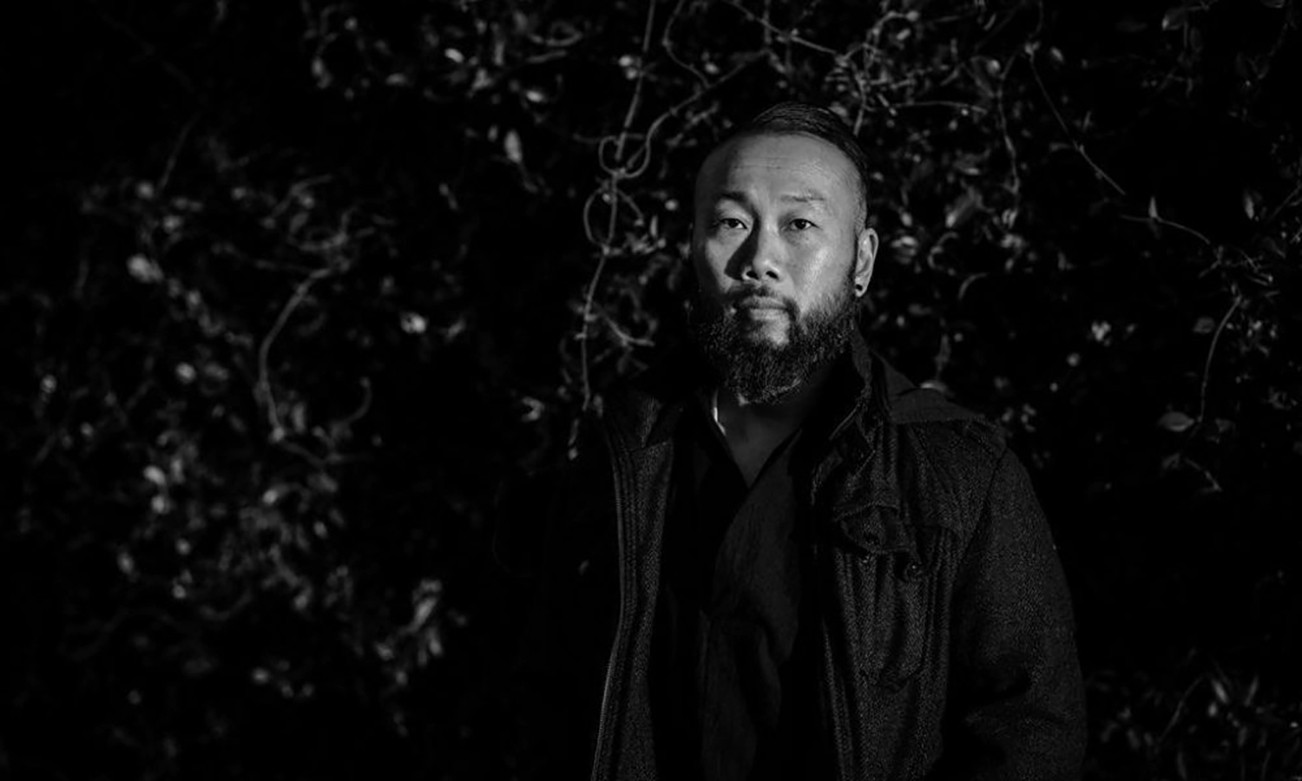We were lucky to catch up with Daryn Wakasa recently and have shared our conversation below.
Daryn, thanks for joining us, excited to have you contributing your stories and insights. Can you talk to us about a project that’s meant a lot to you?
As a descendant of Japanese incarceration camp survivors — SEPPUKU (2017), a 24 minute surrealist horror film, is probably the most meaningful project of my writing/directing journey so far. The film explores the multi-generational effects of trauma from the WWII Japanese American incarceration camps. It’s about Mari Yoshimori, a Japanese American Olympic track star who suffers a career threatening injury. As a result, she falls into the spirit world where she meets her spirit guide, Bettari. As Bettari lures Mari deeper, Mari realizes that she must pass a test or die trying.
SEPPUKU draws a lot of inspiration from my personal life dealing with anxiety, depression, imposter syndrome, internalized racism and being disconnected from family, culture, ancestors and my creative spirit. It’s a story about killing off one’s ego in order to become a conduit for something bigger. SEPPUKU uniquely portrays a Japanese American voice where one is stuck in the liminal space between – grits and fried rice; the spirit world and physical one; NWA and Hokusai. Japanese and American.
This film aligned myself to a lifelong purpose of using storytelling to help us all heal.
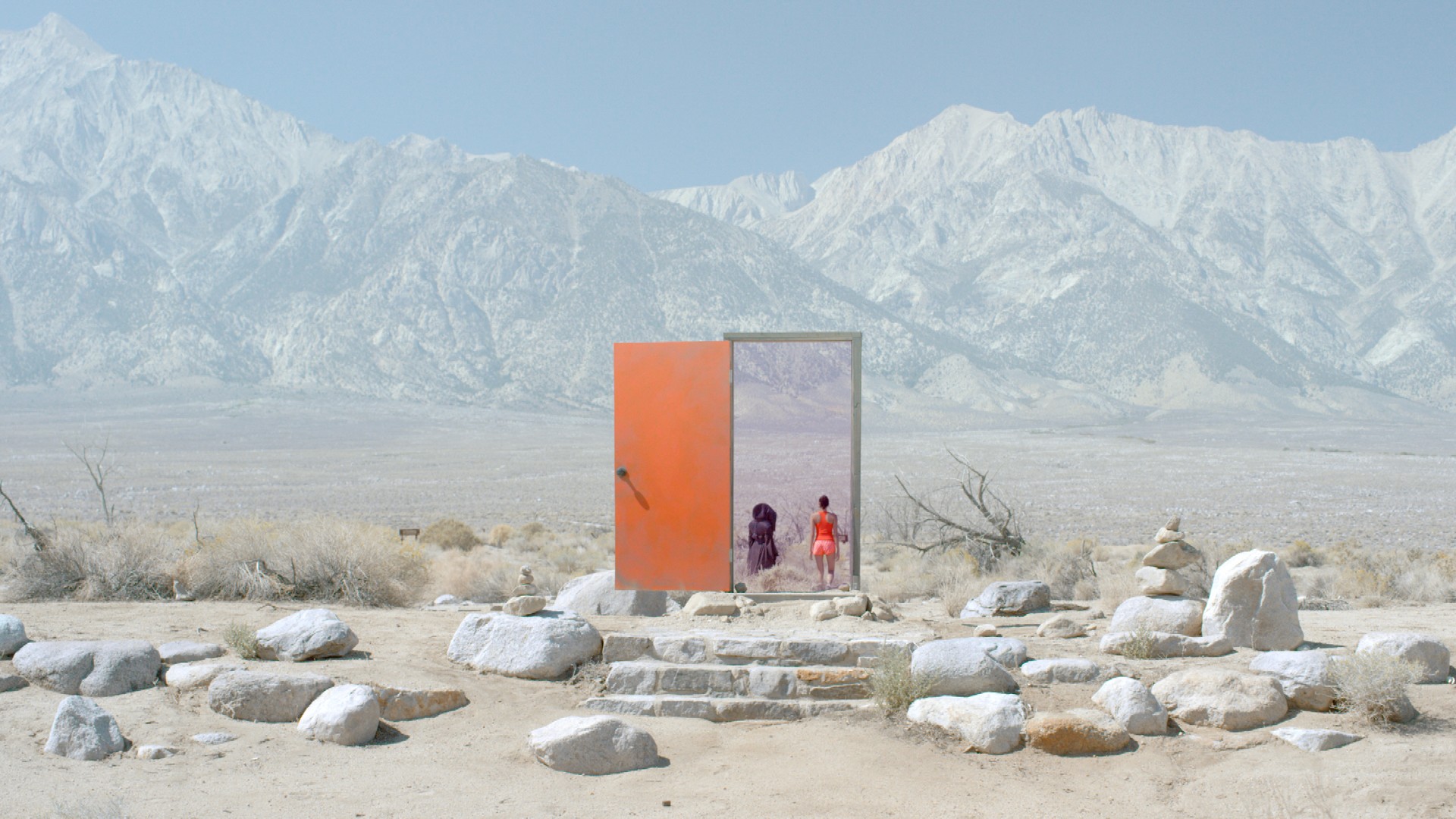
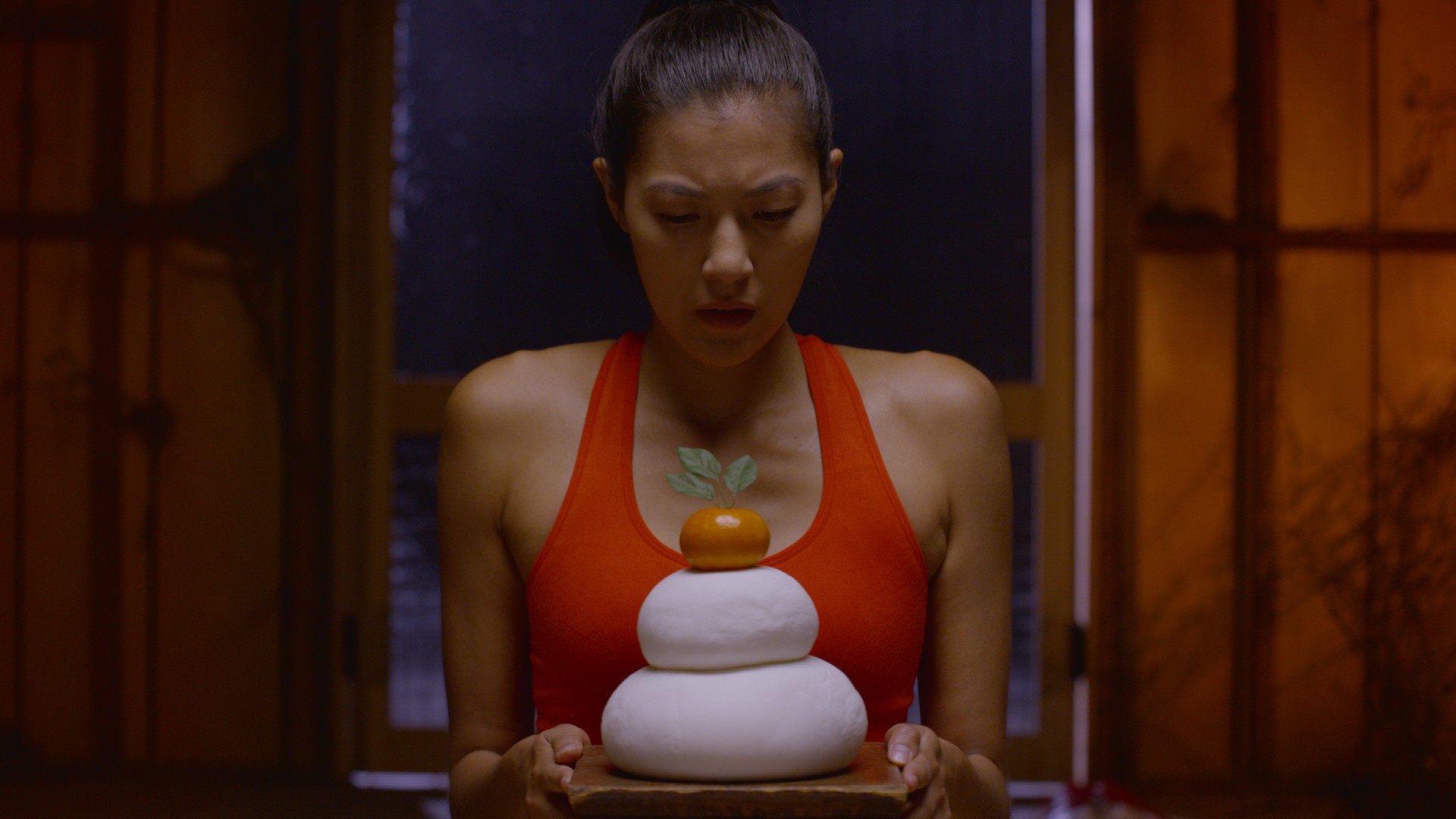
As always, we appreciate you sharing your insights and we’ve got a few more questions for you, but before we get to all of that can you take a minute to introduce yourself and give our readers some of your back background and context?
I’m East Los Angeles born and a descendant of Japanese American incarceration camp survivors. Consequently, I float in the liminal space between – grits and fried rice; sports training and spiritual practices; the spirit world and physical one; NWA and Hokusai. Japanese and American.
I use magical realism and supernatural horror to tackle themes that plague my community and family – internalized racism, intergenerational trauma, and cultural identity issues. I’m a part of the ’23-’24 WBD ACCESS TV Directing Program semi-finalist class. In 2022, I was selected for Soo Hugh’s screenwriting incubator, The Thousand Miles Project. I directed the short film “In Tune” which won top prize in the 2022 CBS Leadership Pipeline Challenge. And my award winning short films Seppuku (2017), Giri (2014), and A Lost Generation (2010) played in film festivals and cultural programs across the country. I am represented by managers, Benjamin Blake and Chris Coggins of Heroes and Villains Entertainment.
I also freelance as a multi-disciplinary Creative Director. I’ve worked with studios: NBCUniversal, Mirada (co-founded by Guillermo del Toro) and Elastic (founded by Angus Wall), I’ve directed projects including: Jack Daniel’s commercials, in-episode content for Discovery Channel’s Cooper’s Treasure, UCLA’s Every/One Interactive Molecule, and projection content for Disney on Ice. Along the way, I was also the Art Director for the Pacific Rim’s (2013) prologue sequence and Katy Perry’s Roar music video.
When not in the kitchen remixing Japanese American recipes, I continue my decades long mental health journey. From Western talk therapy to Eastern modalities (acupuncture, Reiki, ocean therapy, etc), I seek to dissolve my ego and become a conduit for ancestors’ teachings. I also created a workshop that uses creative writing, acting and artistic exercises to help people unlock their creative superpowers from their mental health conditions.
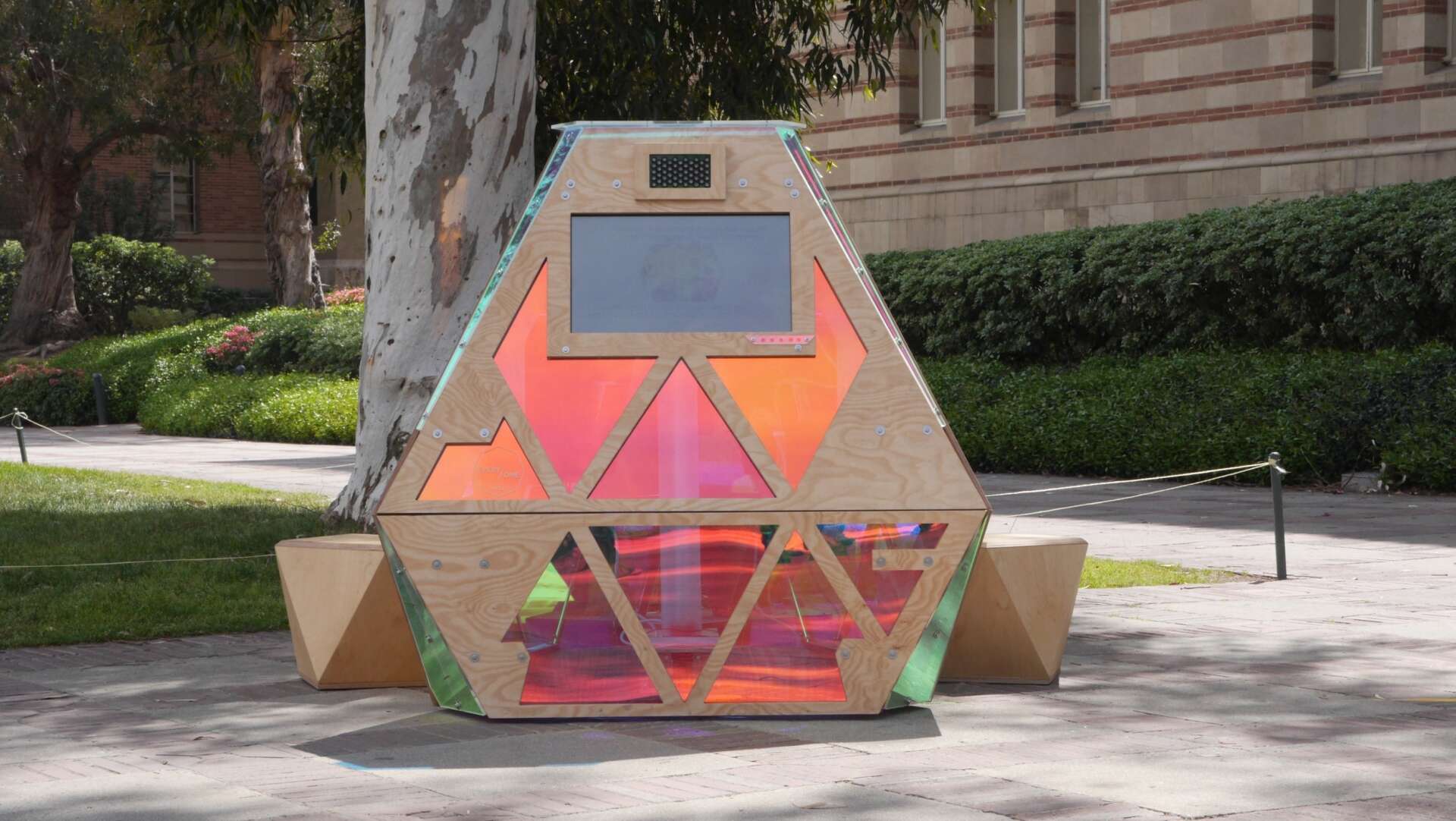
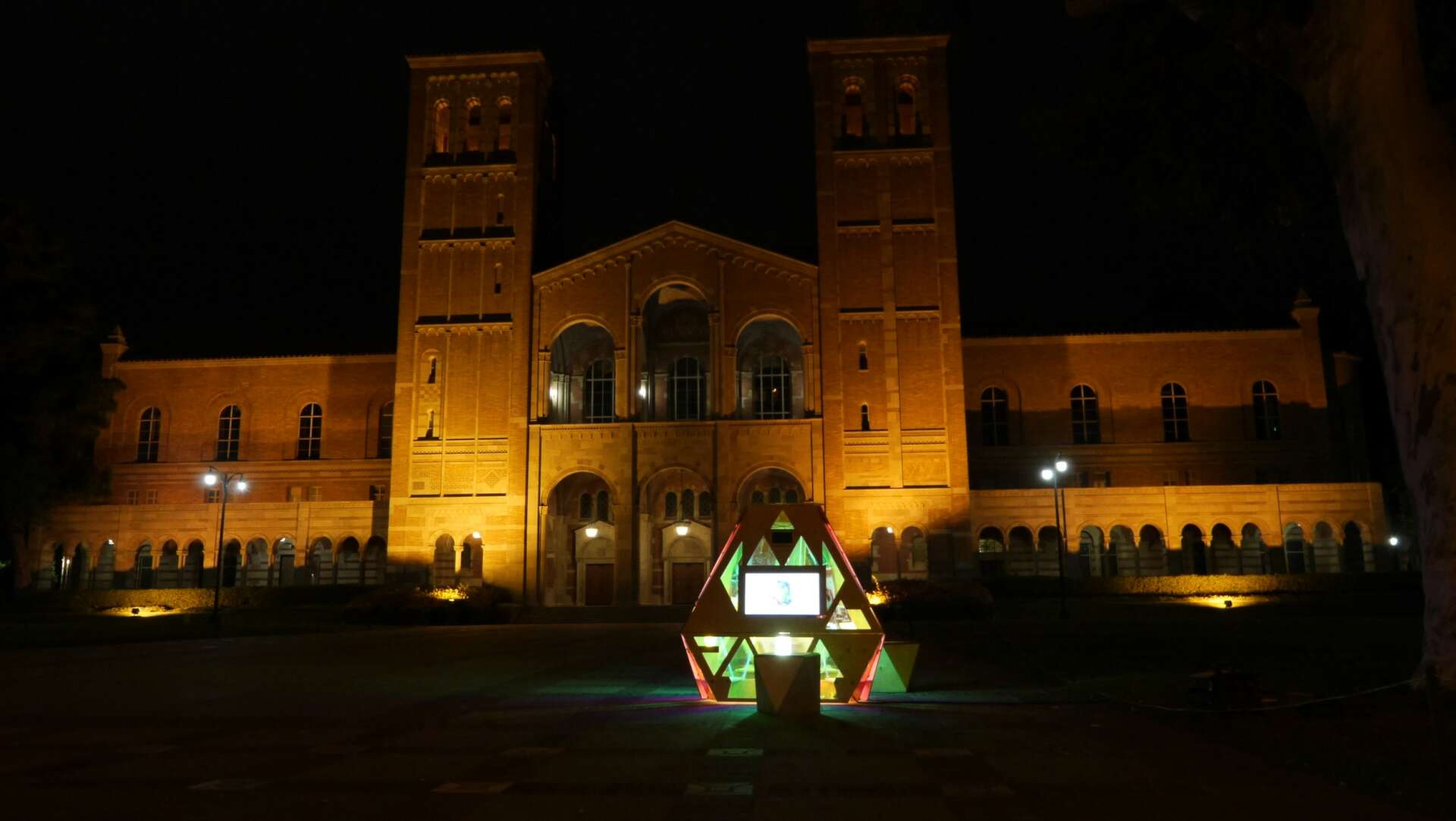
What can society do to ensure an environment that’s helpful to artists and creatives?
I would not be where I am without the people around me and the various diversity programs who have nurtured me, like The Thousand Miles Project and WBD ACCESS. I know it’s a financial risk but these diversity initiatives and programs help keep people like myself afloat both mentally, creatively and professionally. Art and Storytelling is a reflection of Humanity. The more we uplift, nurture and support the diverse voices out there, the more empathetic our society will become. Art and Story are both powerful tools that allow us to see through someone else’s eyes and connect with someone else’s heart.
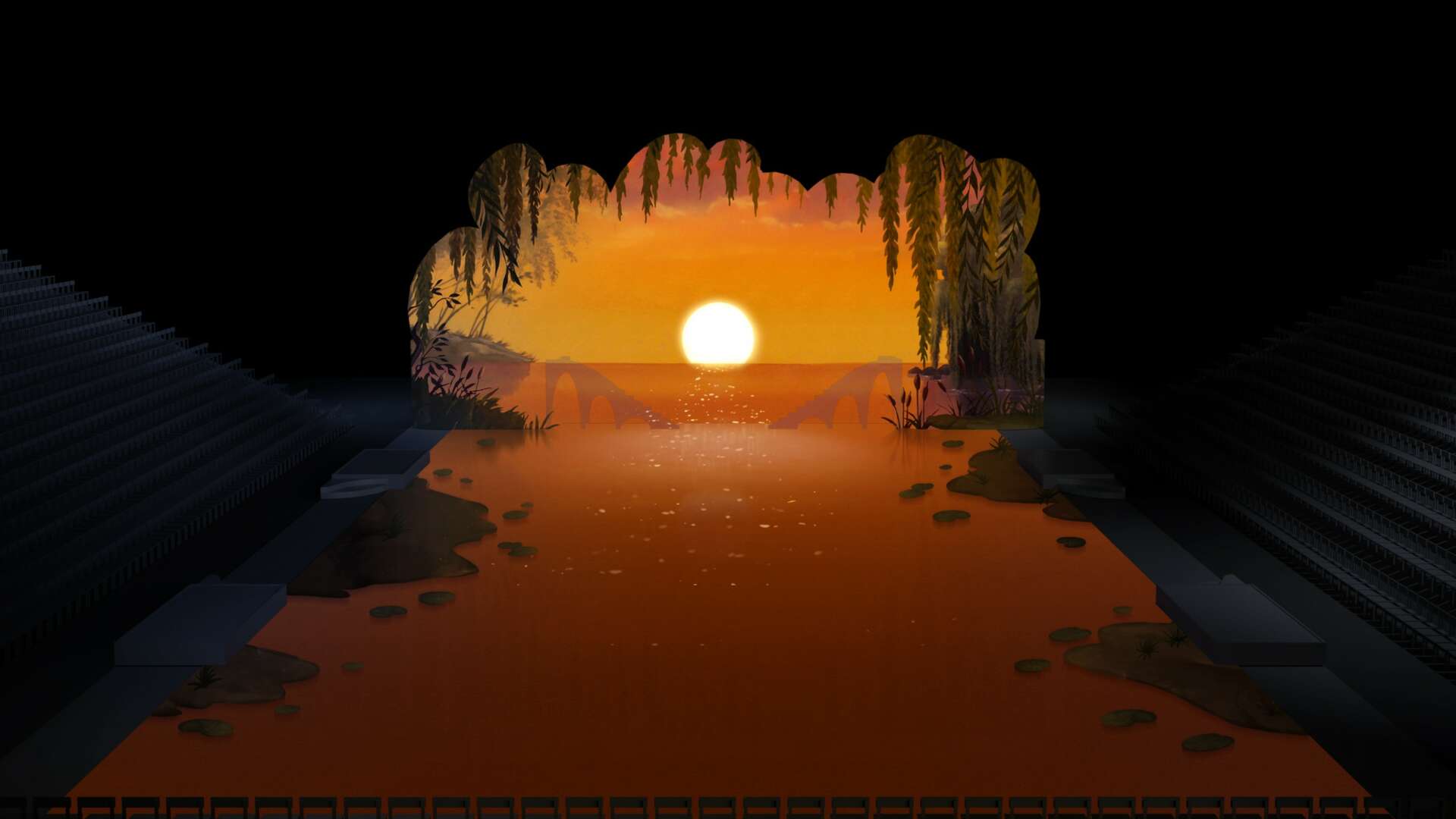
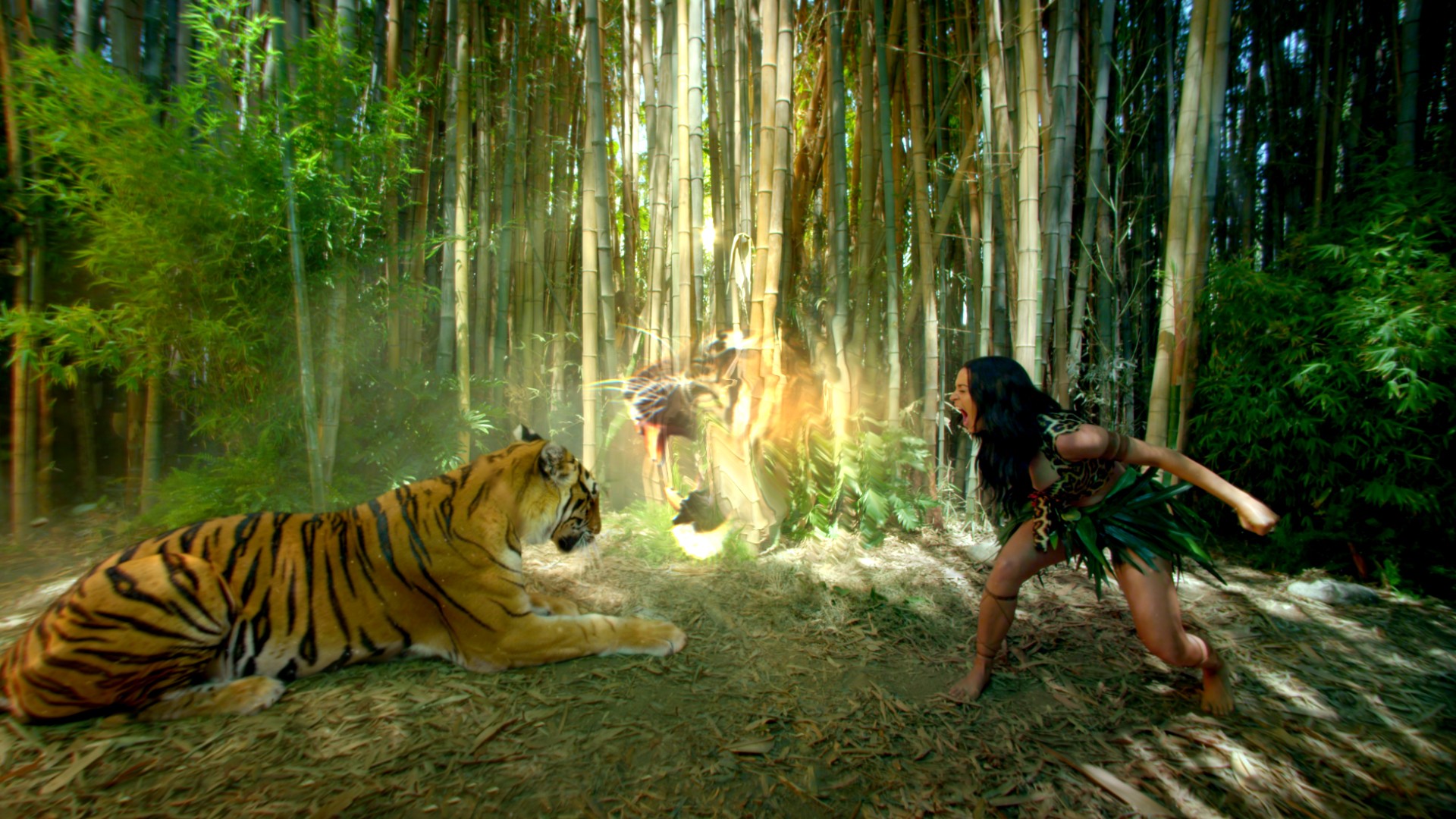
Is there mission driving your creative journey?
I try to be a conduit for stories that need to be told. Storytelling is a powerful educational tool that dates back to hieroglyphics and cave drawings. Too many stories have been erased throughout our history. Thus, I consider it an honor and privilege to excavate those buried stories and share them with the world.
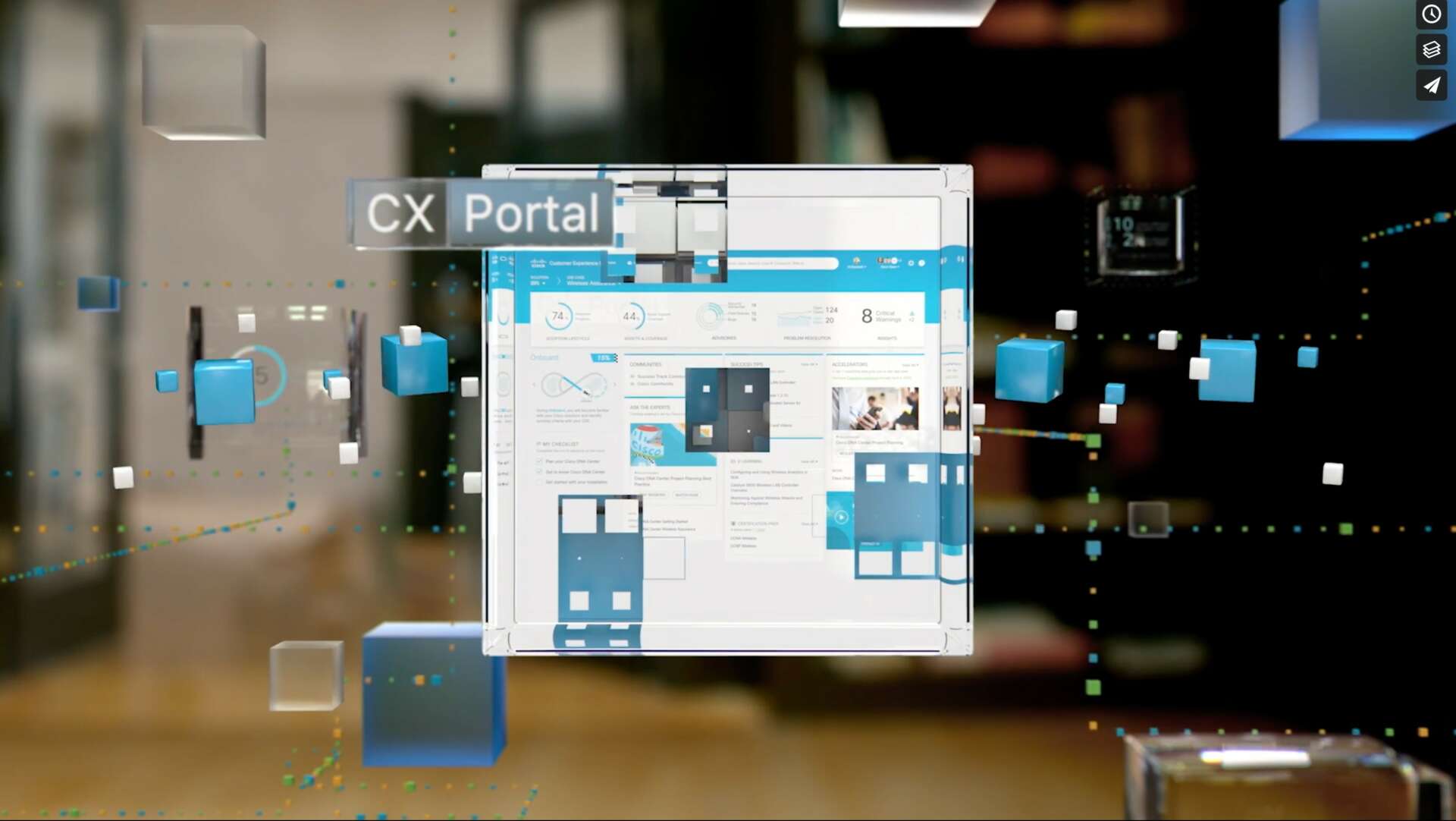
Contact Info:
- Website: https://vimeo.com/dwakasa
- Linkedin: https://www.linkedin.com/in/darynwakasa/
Image Credits
Personal photo by Vic Brown


